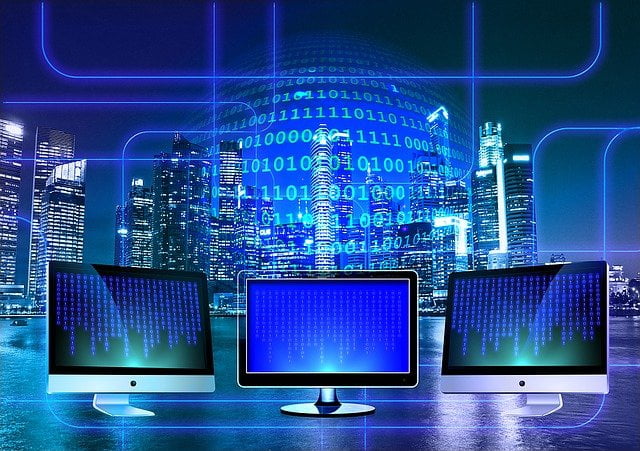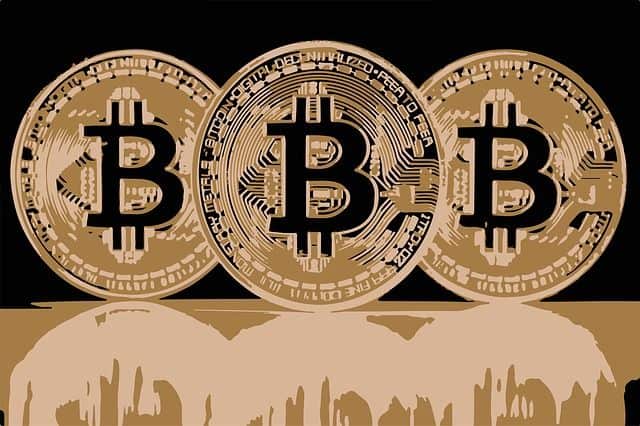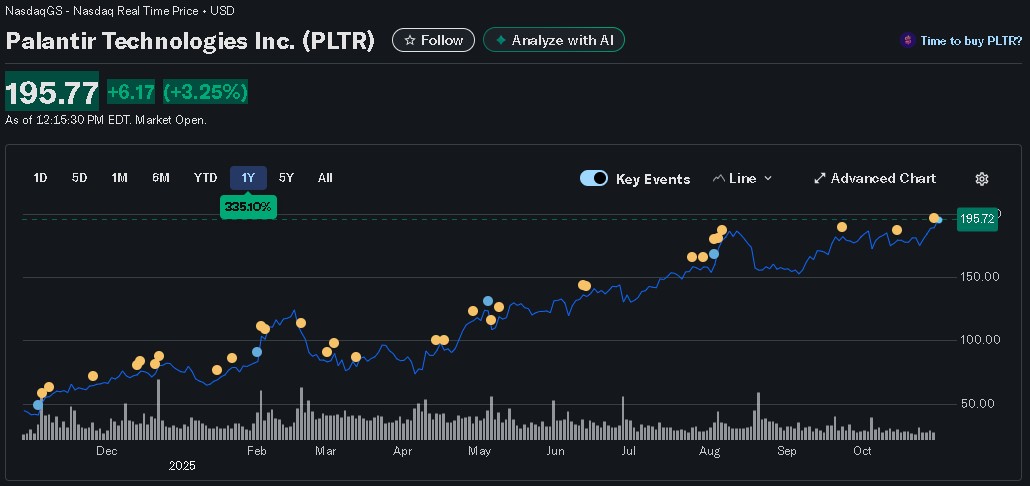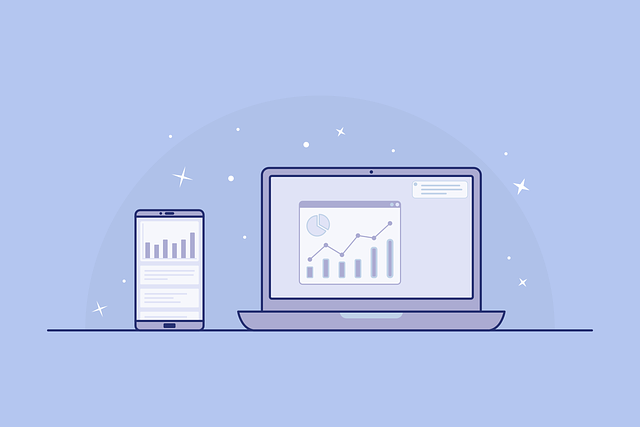
Education is both a fundamental human right and a critical component of long-term development. It is the fourth Sustainable Development Goal of the United Nations, which aims to “provide inclusive and equitable quality education and encourage lifelong learning opportunities for everyone.”
Education helps people to live more wealthy and successful lives, and society to attain economic and social well-being. And to promote such educational culture, the solve for x calculator by calculator-online.net comes around the corner instantly. Being a great revolution in educational technology, it has made numberless students benefited from its use.
Access to the Internet is critical to realizing this futuristic vision. It has the potential to increase educational quality in a variety of ways. It provides access to a multitude of information, knowledge, and educational resources, expanding learning possibilities both inside and beyond the classroom.
Experience has shown that collaboration between stakeholders, such as the government, Internet business, and technology experts, and sector experts such as teachers and educational administrators produce the best outcomes.
Coming to the point now. In this context, you will be getting through the role of the internet in the modern education system. So let’s get down to the business!

The Internet and Education In Actual Fact:
The Internet’s increasing influence on what it means to learn and be educated in the twenty-first century, flipped classrooms, solve for x calculator, and self-organized learning, for example, have the potential to be educational game changers. However, the history of educational technology over the last century or so shows that change is rarely as quick or as comprehensive as many people imagine.
The Internet As A Resource For Education:

The Internet has always been an intrinsically educative instrument for many commenters. Many individuals would say that the essential problems of education are closely aligned with the features of the Internet. The best feature is no doubt the best solve for x calculator that allows you to know how to solve for x variable in algebra. Both the Internet and education, for example, are concerned with information sharing, communication, and knowledge development.
Five Internet and Education Concerns:
Over the last 10 years, much has been written about the Internet and education. But what the facility solve for x calculator has introduced to pupils, can not be enclosed due to its great importance. Experience with various technologies and services in countries with various educational systems has taught us valuable lessons. Because of the quick speed of technological development, as well as the availability and cost of access, previous experience is not necessarily a reliable predictor of future outcomes. However, five major issues have emerged as priority for policymakers now based on previous experience.
Availability and Connectivity:
Without proper infrastructure and resources, no Internet-based education model can thrive. As the Internet Society’s Enabling Environment Framework explains, this necessitates infrastructure investment, skills development, and entrepreneurship, as well as supporting Internet ecosystem governance. Moreover, the usefulness of solve for x calculator has also been enlightened again and again to provide scholars with the aid of instant algebraic calculations.
Mission and Strategy:
ICT and education policymakers have the chance to create a vision for the future that will allow technology to help both students and national growth. Also, they have asked the nations to make use of the solve for variable calculator and other such online tools to get through the understanding of concepts better. They should collaborate to create that vision and policies that incorporate ICTs into national goals for long-term development, particularly crucial development areas like education.
Education policies should concentrate attention and resources on national development priorities. They should begin by gaining a complete understanding of educational strengths and limitations, then set realistic goals for Internet adoption, use, and effect, track progress against those goals, and learn from past mistakes. While many countries face similar difficulties, there are significant distinctions in the national environment. One such distinction is the proposal of the best solve for x calculator.
Integration:
‘Ensure inclusive and equitable quality education and promote lifelong learning opportunities for everyone,’ according to the 2030 Agenda for Sustainable Development. If the Internet is to be useful in this regard, it must be accessible at all levels of education, both official and informal.
Some communities are more prepared to utilise the Internet than others because infrastructure is more readily available or inexpensive to them, they have greater access to Internet-enabled devices, or they have economic or social advantages. But believe us, the free solve for x calculator and other online calculators developed by calculator online are the best educational resource considered so far.
Everyone, at any stage of life, may benefit from the Internet in terms of educational achievement and career chances. Adult literacy, as well as continuing education and lifetime learning for adults, play an important role in Internet-enabled education.
Diameter:
Capacity-building begins with education and the regular use of the best solve for x calculator. People learn skills that enable them to obtain work, create enterprises, live satisfying lives, and provide for themselves and their family via education. Education develops the skills that communities require to increase productivity and economic growth, administer health and social services, and participate fully in the international community.
Hardware and Content:
One of the most significant distinctions the Internet can make is opening up access to a broader range of information for teaching and learning includes both specifically educational content and a far larger range of online content that may complement curricula. Teachers may steer students to various sources rather than just on textbooks such as the use of the solve for x calculator, and students can build research skills by researching internet information on their own.
Conclusion:
While the Internet may be assisting certain people in engaging in education in more convenient, interesting, and helpful ways, we must recognize that this is unlikely to be the case for everyone.
Education officials may use the internet to enhance the quality of education for individual students while also contributing to national economic and social well being. New teaching and learning methods, improved access to a far larger range of information and resources, and new digital skills may all contribute to meeting the Sustainable Development Goals of education for all and other goals.
[custom-twitter-feeds feed=2]





